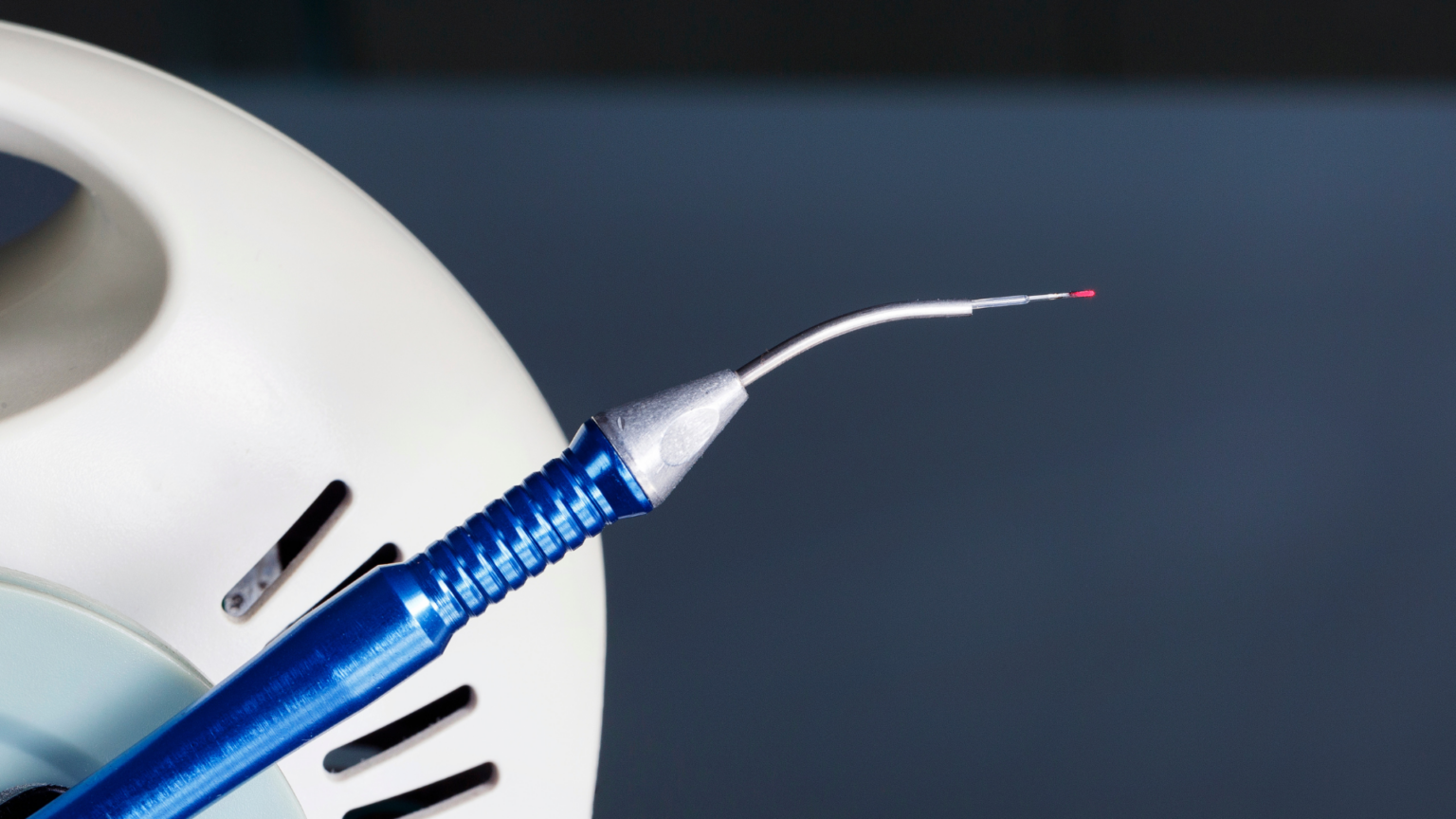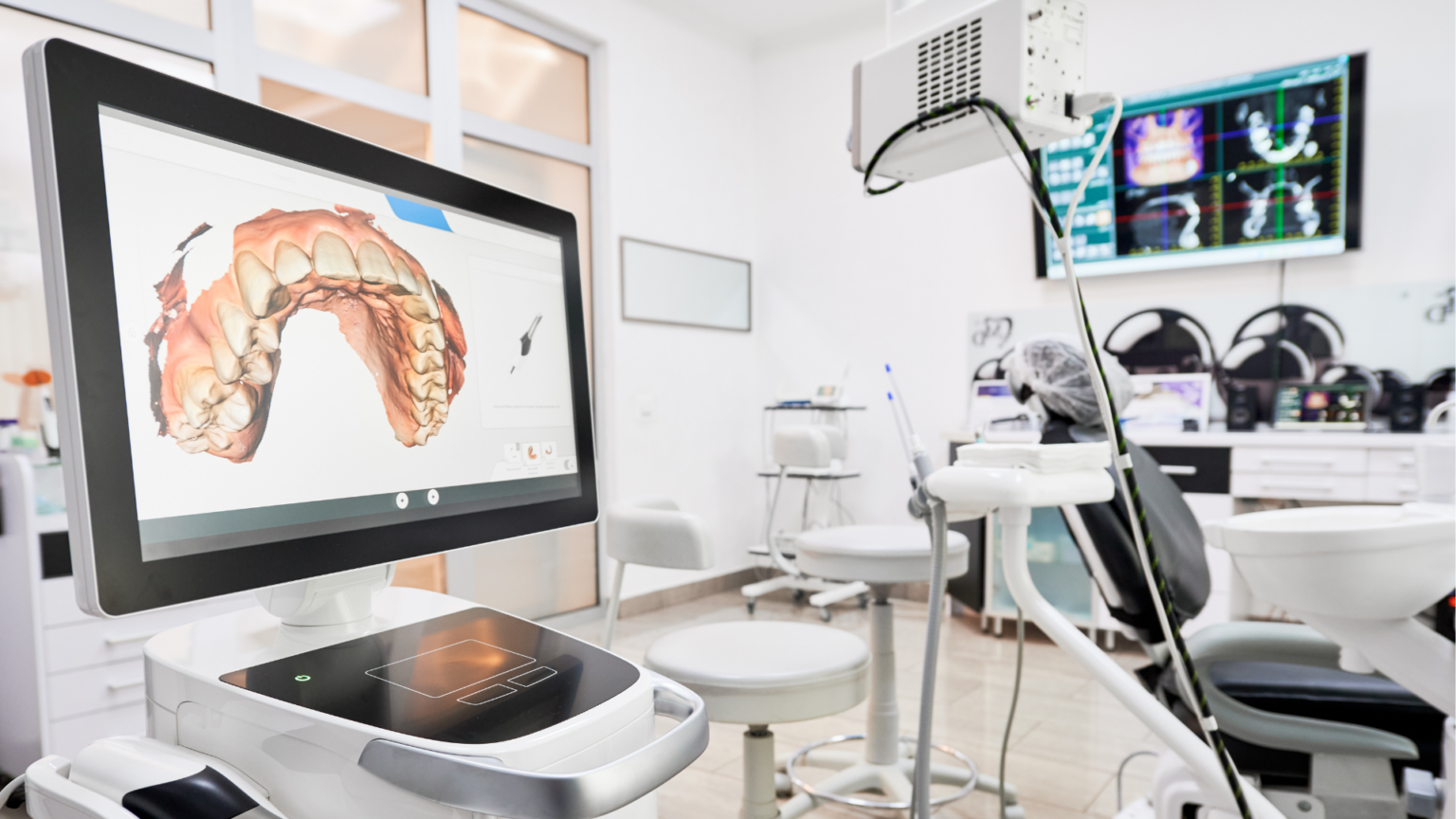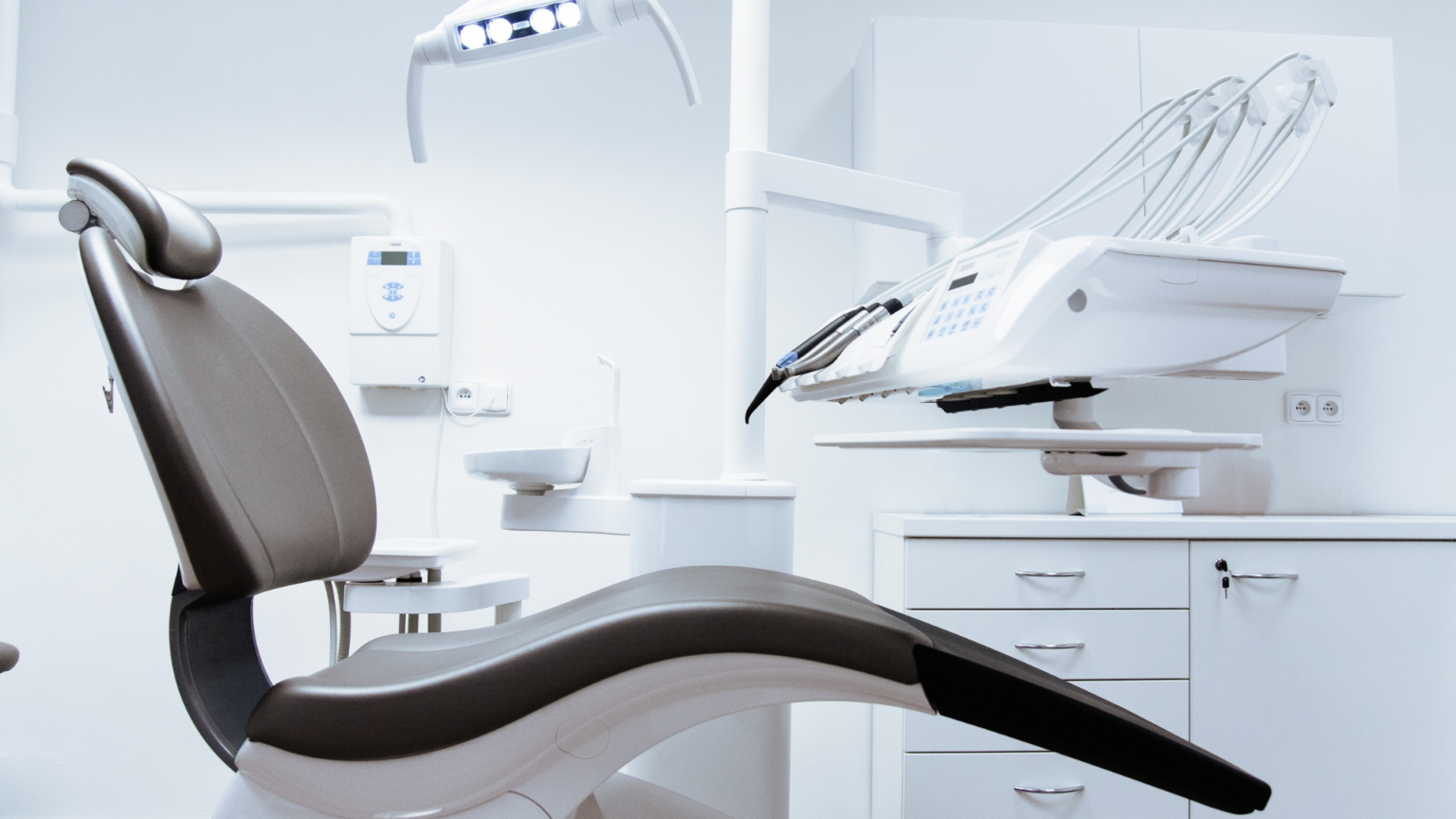In 2019, more than 41 million Americans used dentures. If you’re new to having dentures, you’re probably wondering about a few things — like comfort. Will dentures always feel uncomfortable?
The highly skilled dentists at Santa Monica Bay Dental in Santa Monica, California, have helped hundreds of people get their smiles back with dentures. There is, however, often a period of adjustment that can be frustrating if you don’t know what to expect. Don’t worry; here are some tips to help you with your new dental appliance.
Expect them to feel odd
When you first get your dentures, they are going to feel weird, like you have a foreign object in your mouth — because, of course, you do. It’s going to take some getting used to.
Speaking and chewing are going to require some practice. But, it’s worth the effort! In no time at all, you’ll be comfortable enough with your dentures that you’ll forget they are even in your mouth.
It may be helpful for you to take your dentures out every few hours to let your mouth and jaw rest. In the first days, as you’re getting used to your dentures, you may have some minor soreness.
You may want to start by eating softer foods such as mashed sweet potatoes or other healthy options, then work your way up toward more challenging foods like apples. As you progress, cut your food into smaller-than-usual bites to make eating easier.
Don’t stop talking because of your new dentures. Instead, practice. You may find it helpful to sing along with your favorite songs. If singing isn’t your thing, try reading aloud.
Hygiene is as important as ever
Good hygiene might be even more important now that you have dentures. It’s possible to develop oral infections if you don’t follow careful hygiene procedures.
Each day, you should rinse your dentures to remove any food particles. After a thorough rinse, use a soft-bristled brush — you can even get a special denture brush — and a mild soap to gently clean your dentures. At night, soak your dentures in a denture cleaner.
Before you put them back in your mouth, rinse your dentures and brush your gums, cheeks, and tongue. This process should prevent oral fungal infections and also help keep bad breath at bay.
Stay hydrated
Some people who get dentures experience dry mouth, which can be uncomfortable and also allow bacterial growth. In order to avoid dry mouth, keep yourself hydrated. Carry a water bottle, or develop a routine that includes drinking water. If you take medications, talk to your doctor about dry mouth.
Avoid sticky or hard foods
Foods that are likely to stick to your dentures can cause problems like discoloration. Hard foods can cause your dentures to loosen. In order to make your dentures last as long as possible, opt for healthy foods!
Discuss adhesives
There are many different kinds of adhesives on the market. Choosing which one, if any, is likely to work for you can be difficult. You’ll need to have a few follow-up appointments with your dentist to make sure your dentures are working well for you, and that is a great time to ask if an adhesive might be right for you.
If you’d like to learn more, book an appointment at Santa Monica Bay Dental today. We’re happy to discuss your situation specifically and in greater detail! You can schedule your appointment online or by phone.


